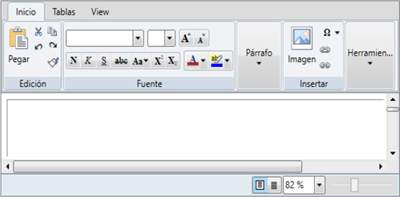- Getting Started with WPF Edition
- End-User License Agreement
- Free and Open Source Software (FOSS) License
- Licensing Information
- Technical Support
- Redistributable Files
- About this Documentation
- Theming
- XAML and XAML Namespaces
- Creating a Microsoft Blend Project
- Creating a WPF Project in Visual Studio
- Adding NuGet Packages to your App
- Adding the WPF Edition Components
- Localization
- UI Automation and Accessibility
- VS Suggested Actions
- Section 508 Compliance
WPF Localization
You have several options to localize a WPF application. For best practices from Microsoft, see best practices for Globalization and Localization in WPF. When you use ComponentOne controls in your application, the localized resources are automatically included in your output based upon the published language you specify in your project’s settings. They will come from their installed location under C:\Program Files\ComponentOne\WPF Edition\bin, and do not need to be added manually to the project.
Change the UI Culture of your application to the desired culture. One way of doing this is on the application's current thread. Add the below code to the MainWindow() constructor of your WPF application:
Visual Basic
' set language to Japanese
Language = System.Windows.Markup.XmlLanguage.GetLanguage("ja-JP")
' set culture to Japanese ("ja-JP")
Thread.CurrentThread.CurrentUICulture = New CultureInfo("ja-JP")
csharp
// set language to Japanese
Language = System.Windows.Markup.XmlLanguage.GetLanguage("ja-JP");
// set culture to Japanese ("ja-JP")Thread.CurrentThread.CurrentUICulture = new CultureInfo("ja-JP");
Some controls have many baked in UI strings that can benefit from quick localization including C1Scheduler, C1DataGrid, C1DockControl, C1PdfViewer and C1RichTextBoxToolbar.



